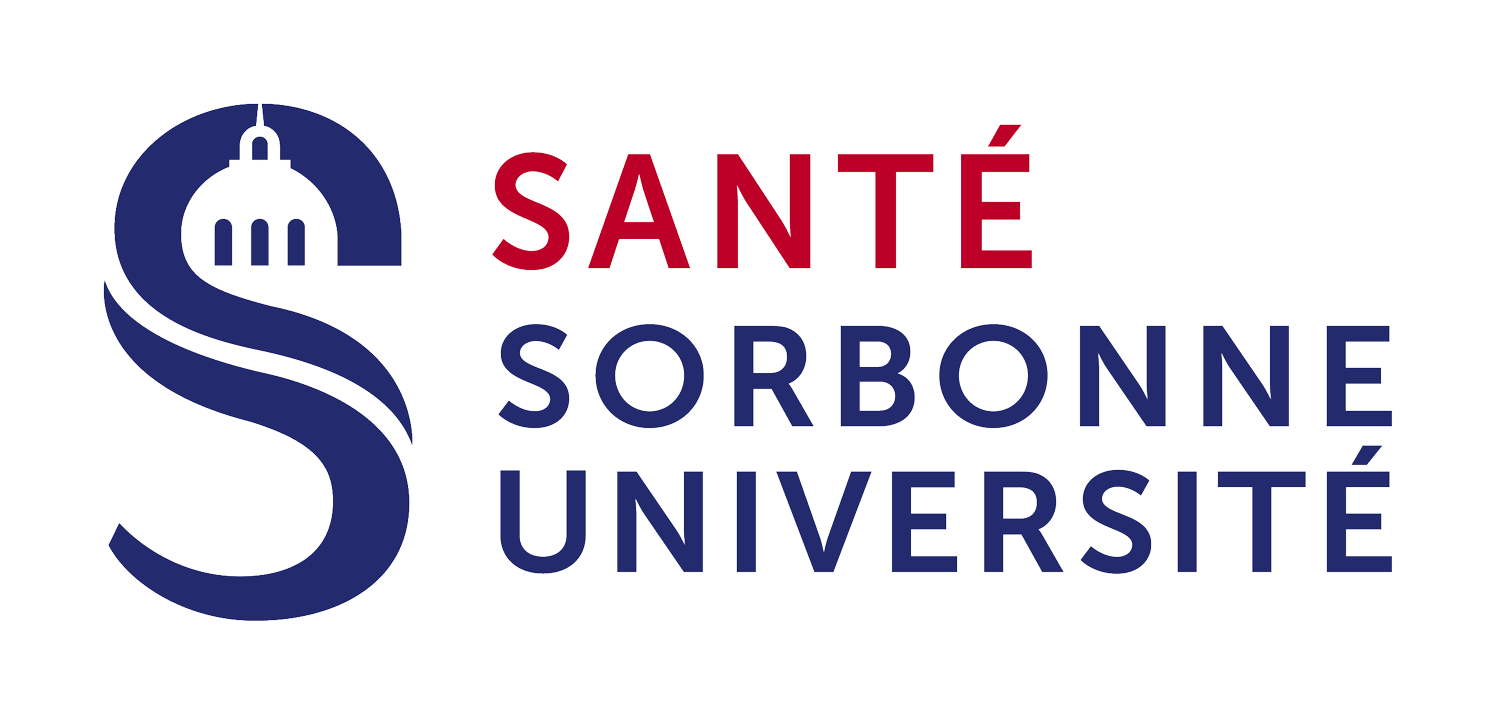Spike protein genetic evolution in patients at high-risk of severe COVID-19 treated by monoclonal antibodies
The prospective multicenter COCOPREV study (ANRS) evaluated the efficacy of monoclonal antibodies (mAbs) in preventing severe forms of COVID-19 in a cohort of patients with high risk factors for progression to a severe form of the disease. In this sub-study, 264 patients were monitored to identify, by sequencing, the emergence of mutations in the SARS-CoV-2 Spike protein under the selection pressure exerted by treatment with Casirivimab/Imdevimab, Sotrovimab or Tixagevimab/Cilgavimab. The findings indicated that immunocompromised patients had a six-fold increased risk of developing mutations, associated with prolonged viral clearance, but with no impact on their clinical course. Among patients treated with Sotrovimab, emerging substitutions, such as P337S/R/L/H, E340D/K/A/Q/V/G, and K356T/R, were associated with higher viral loads up to 14 days after the start of treatment. Patients who received Tixagevimab/Cilgavimab had a five-fold increased risk of developing mutations, including specific substitutions such as R346K/I/T/S and K444R/N/M found in BQ.1 and XBB variants. In conclusion, the high risk of emergence of mutations in the Spike protein highlighted by our results underscores the crucial need for in-depth studies on the impact of these mutations on patients, as well as the influence of mAb use on the SARS-CoV-2 evolutionary trajectory.





